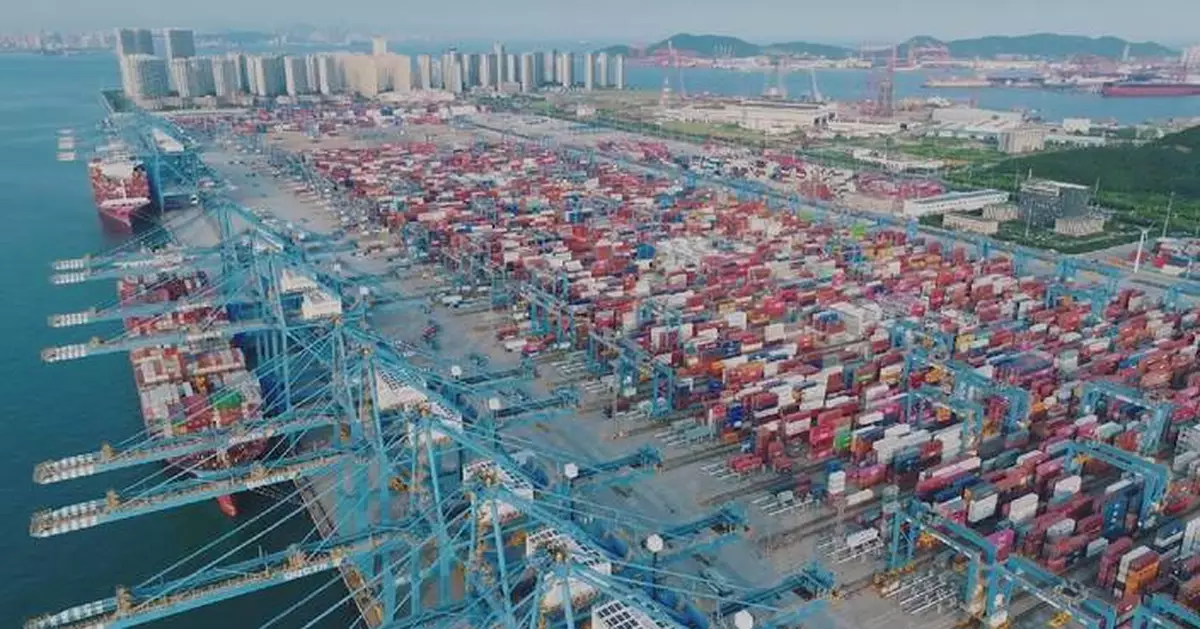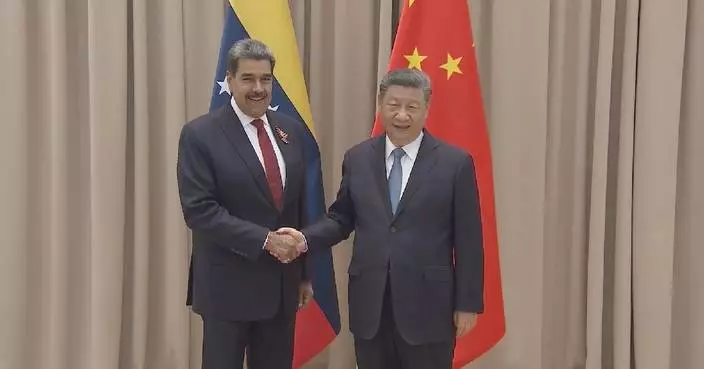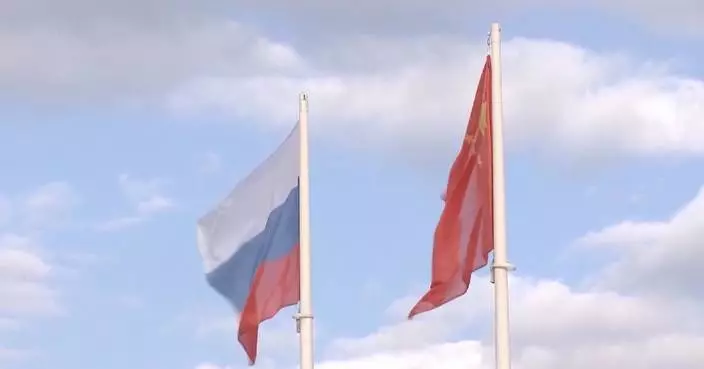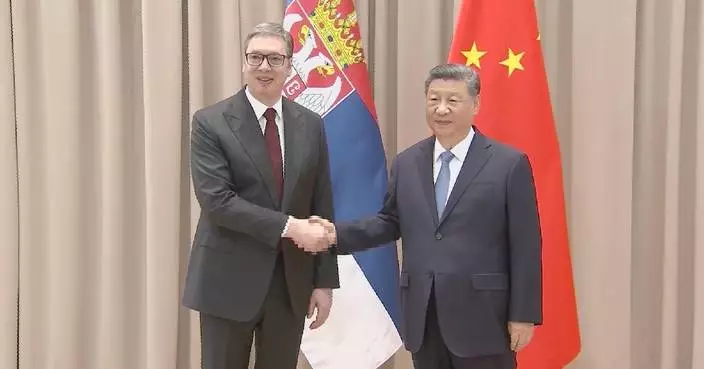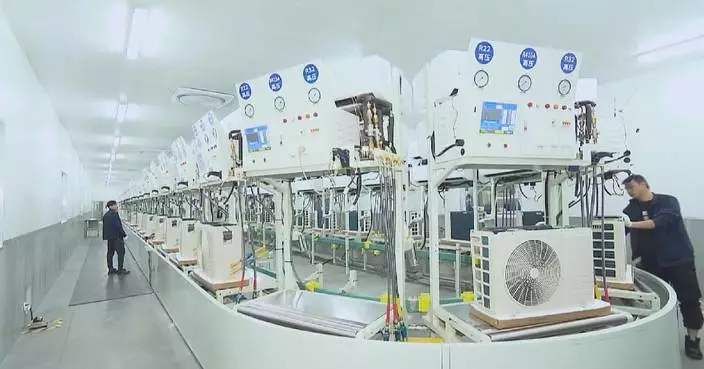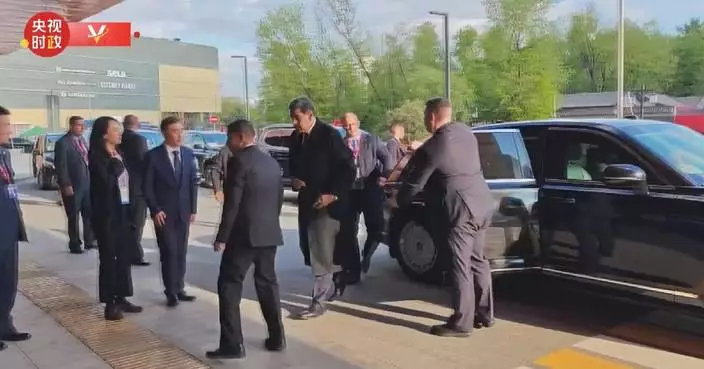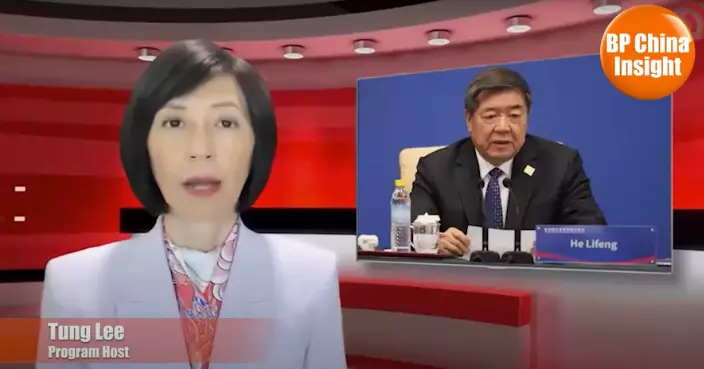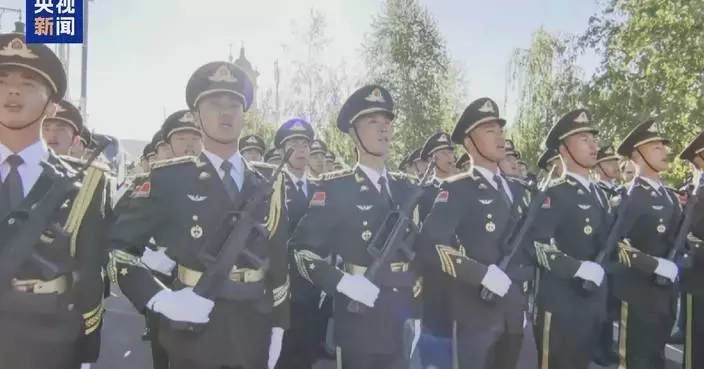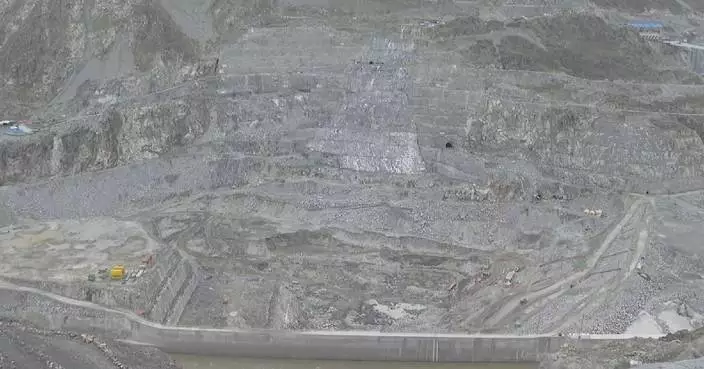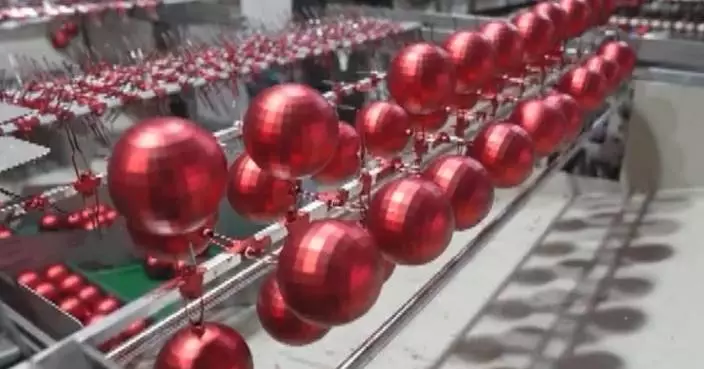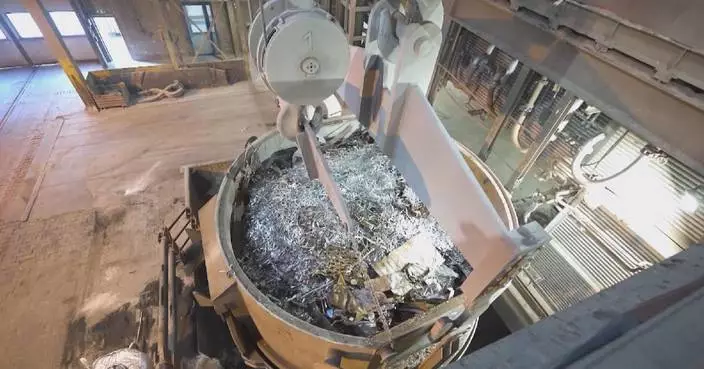The transformation of Qingdao Port into a fully automated container terminal, driven by digitalization and intelligentization, is bringing about cumulative acceleration and expansion of Qingdao City's economy amid China's modernization drive, according to experts.
At the heart of the terminal's operations is A-TOS, a cutting-edge management system developed by the port's information technology department in Shandong Province, eastern China, which seamlessly integrates and controls all aspects of terminal operations, including scheduling, distribution, and equipment management.
The average loading and unloading rate of the terminal's automated bridge is 36.2 containers per hour.
"It's the first fully automated container terminal in Asia, and the most efficient automated terminal in the world. Qingdao Port now has a Europe route, a route to the Americas, and a route to Japan and South Korea," said Chen Qiang, IT manager at the terminal.
"Qingdao Port, by serving Northeast Asia, the Shanghai Cooperation Organization countries and the surrounding region, has developed into a highly market-oriented and internationalized shipping and trade hub," said Zhang Yansheng, Chief Research Fellow with the China Center for International Economic Exchanges.
"The ongoing development of Qingdao and its orientation towards the marine economy is going to be a feature of modernization, to link traders with finance, with domestic supply chains and production," said Warwick Powell, Adjunct Professor with the Queensland University of Technology.
Qingdao boasts a naturally advantageous port that remains ice-free throughout the year, allowing for uninterrupted, year-round operations and making it an ideal hub for maritime trade and commerce.
"Qingdao has traditionally been a trading center. In the changes taking place at Qingdao Port, I believe the key is digitalization, the internet and intelligentization. This is bringing about the cumulative acceleration and expansion of Qingdao's economy," said Zhang.
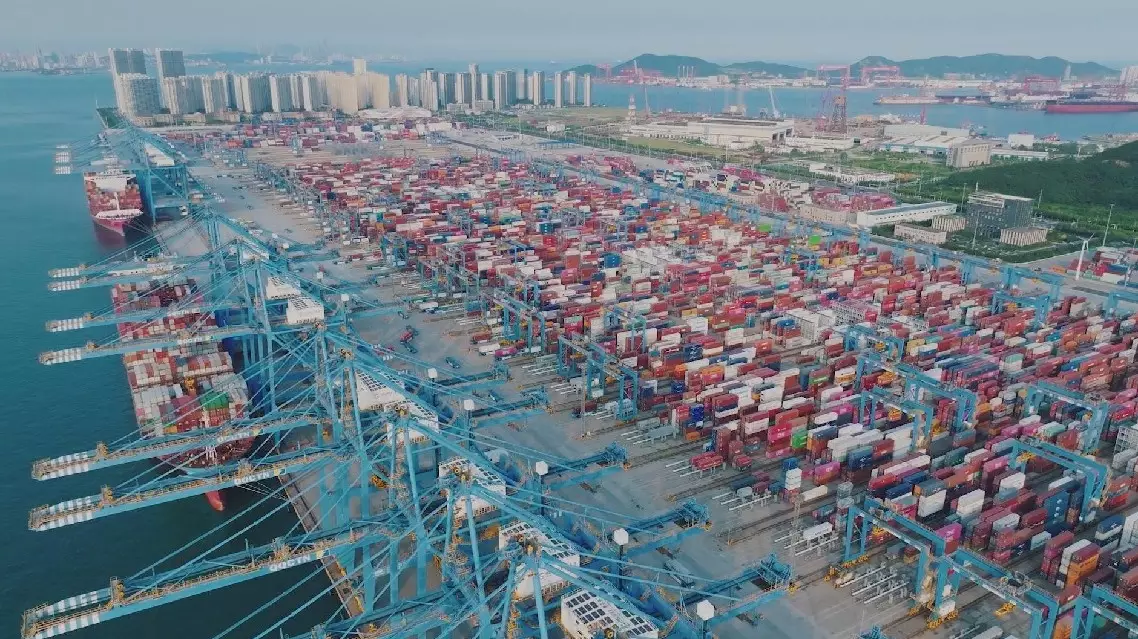
Qingdao port revolutionizes operations with cutting-edge automation
China firmly supports Cuba in safeguarding its national sovereignty and opposing foreign interference and blockade, Chinese President Xi Jinping said while meeting with Cuban President Miguel Diaz-Canel in Moscow on Friday.
The meeting took place on the sidelines of the celebrations marking the 80th anniversary of the victory in the Soviet Union's Great Patriotic War.
Noting that this year marks the 65th anniversary of the establishment of diplomatic relations between the two sides, Xi said China is willing to further consolidate the ironclad friendship with Cuba, build a closer China-Cuba community with a shared future, and set a strong example of solidarity and cooperation between socialist countries and sincere mutual assistance between developing countries.
China and Cuba should work to make solid progress in exchanges at all levels and cooperation in all fields and ensure that high-level political mutual trust remains a hallmark of the relations between the two countries, Xi said.
The Chinese side also supports Cuba's efforts to promote economic and social development, said Xi, adding that the two sides, both as important members of the Global South, should enhance coordination and cooperation within such frameworks as BRICS and the China-CELAC (Community of Latin American and Caribbean States) Forum, oppose power politics and unilateral bullying, and safeguard international fairness and justice.
Diaz-Canel, for his part, said that Cuba and China are close friends and brothers, expressing gratitude to the Chinese side for its long-standing support for Cuba's economic and social development.
Cuba firmly adheres to the one-China principle and is willing to strengthen mutually beneficial cooperation with China, enhance friendly exchanges between the two peoples, strengthen coordination and cooperation in international and regional affairs, build a community with a shared future, and promote greater development of bilateral relations, Diaz-Canel said.
Cuba supports the Global Development Initiative, the Global Security Initiative and the Global Civilization Initiative and is willing to work with China to oppose unilateralism and protectionism and safeguard the common interests of the international community, he said.
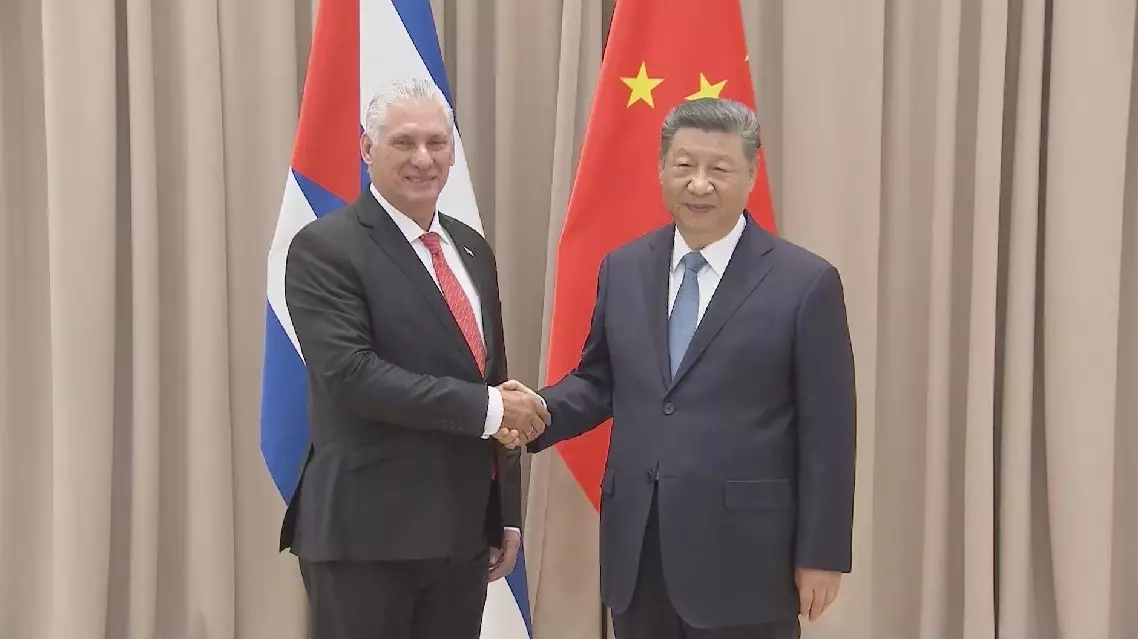
Xi says China supports Cuba in safeguarding sovereignty, opposing foreign interference



